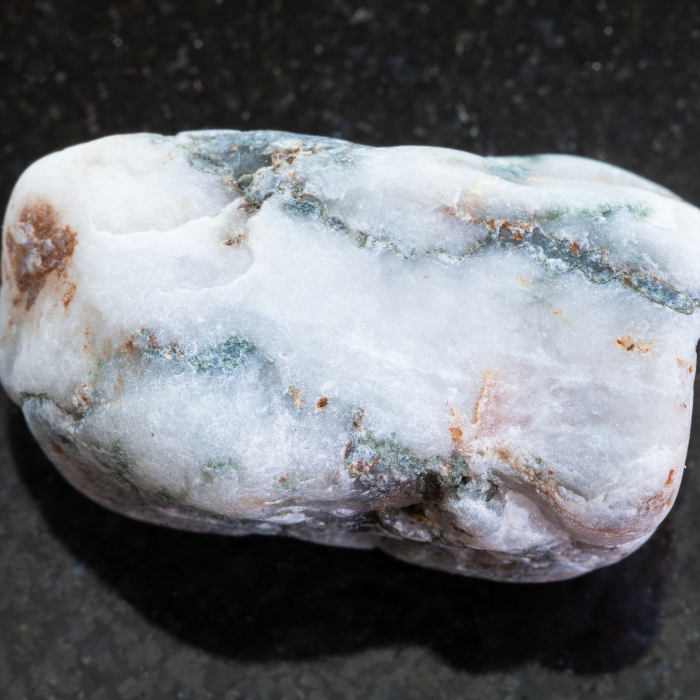Indulging in the perennial allure of natural stones, discerning buyers and architects around the world consistently turn to one source material that holds a unique place in the realm of luxury and elegance – Turkish marble. Renowned for its unique aesthetic appeal and superior quality, Turkish marble is inarguably one of the most coveted materials in high-end constructions and interior designs.
Widely appreciated for its exquisite beauty, grandeur, and undeniable durability, Turkish marble, a true gem from nature, promises unmatched elegance and longevity. With over 40% of the world’s known marble reserves housed within Turkish borders, the country holds a distinguished position in delivering quality marble globally.
Turkey, presenting more than 250 distinct types of marble in a vast color palette and desirable patterns, significantly contributes to a whopping 33% of the world’s marble production.
Here, we will meticulously explore the excellence and unique beauty of Turkish marble that never fails to enchant even the most discerning buyers:
- The Rarity and Variety of Turkish Marble
- Quality and Durability of Turkish Marble
- Economical Implications: Value for Money
- Environment and Sustainability Factors.
The Rarity and Variety of Turkish Marble
Turkey, known for its abundance of natural stones, stands out for its wide variety of exclusive marble types. This country’s geographical conditions, paired with its rich history, create a unique fusion of marble variations that resonates with a sumptuous elegance. It’s worth highlighting some of the representative types of Turkish marble:
- Travertine: Noted for its natural, rustic beauty, Turkish Travertine appeals widely for its warm colors and varied texture.
- Granite: Turkish Granite, renowned for its high durability and hardness, presents an intriguing mix of colors and patterns.
- Limestone: Characterized by its fine grain and versatility, Turkish Limestone connotes sophistication and architectural depth.
Quality and Durability of Turkish Marble
A distinguishing feature of Turkish marble is its unmatched quality and durability. The formation process under extreme heat and pressure imbues these natural stones with superior hardness, ensuring their enduring resistance to chipping, cracking, and scratching. Moreover, an advanced high-tech production process utilized by companies like ASAP, ensures the quality of finished goods derived from these marbles. The majority of discerning buyers, therefore, perceive Turkish marble as a sustainable option for high traffic areas, offering longevity alongside its inherent aesthetic richness.
Economical Implications: Value for Money
The value proposition of Turkish marble extends beyond its visual grandeur and robustness. Despite its luxurious connotations, Turkish marble reflects an attractive cost-effectiveness when compared to other high-grade stones. Its availability and diversity, paired with Turkey’s streamlined processing capabilities, contribute to its competitive pricing. Hence, it not only represents refined taste but also signifies an intelligent investment that blends practicality with extravagance.
Environment and Sustainability Factors
One of the pivotal benefits of Turkish marble, like other natural stones, is its eco-friendly characteristics. The extraction, processing, and disposal of natural stone, when conducted responsibly, exhibit less detrimental environmental impact than many manufactured alternatives. It’s a renewable resource that does not emit volatile organic compounds (VOCs), requires less energy for production, and in the grand scheme of things, contributes to reducing the carbon footprint. Therefore, choosing Turkish marble does not only reflect a preference for elegance but also denotes a commitment to environmental sustainability.


